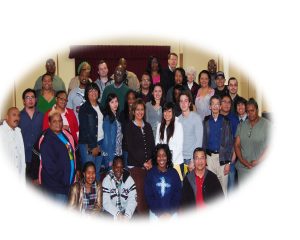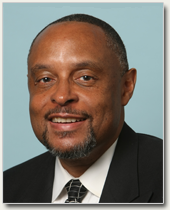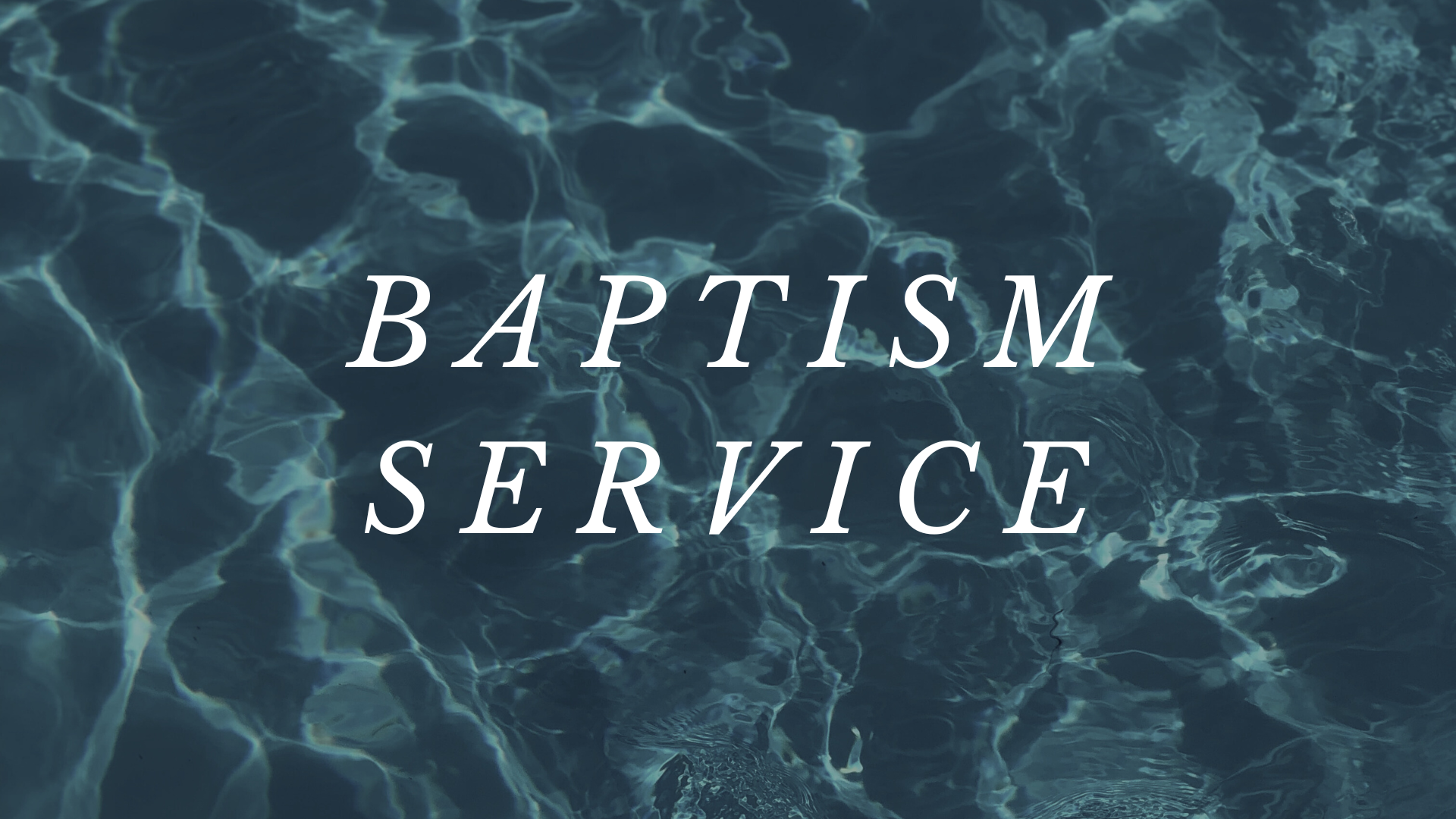Today on our blog, we’re highlighting the ministry of the Los Angeles Bible Training School. LABTS serves the Los Angeles area by training lay Christians in the Word of God for the benefit of their local churches. In June, Lighthouse hosted the LABTS Women’s conference, and today we get to hear from LABTS President Dr. Paul Felix as he is interviewed by Eric Lau.

photo credit: cropped from original by notashamed via photopin cc
Eric Lau (EL): So, what was the vision behind the LABTS?
Paul Felix (PF): Basically, the school was started in 1962 by the late J. Vernon McGee as well as a local black pastor. The mission of the school has always been to come alongside local churches to help train their people in the word of God so that they can do the work of God to the glory of God. That’s our primary function: to give our students a systematic study of the Bible.
EL: Great. What are the students like? I’m sure it’s varied, but are they mostly people who are in ministry? What does it look like?
PF: We’re going after lay people. One of the great needs that we see in the LA area is that many of the churches have just one pastor or one person on staff, and even then they might be bi-vocational. So there’s a great need to provide systematic teaching and training to members of a local church. We’re not going after men who are called to the ministry. We’re primarily going after lay people who want a greater, in-depth knowledge of God’s word.
When we were an evening school, the majority of the students worked and after they worked, they’d come and take evening classes. Now, we have classes at 4 different times. Monday morning, Thursday morning, Monday evening, and Thursday evening. We offer a total of 12 classes on our main campus, and then we have 1 class on our extension site in Pomona. We have students as young as 19 to probably as old as 80 years old. Pretty much an equal number of men and women. They can be Sunday School teachers, deacons, trustees, deaconesses, etc.
Initially the school was designed to reach the African American community. But, God has expanded our borders. Now, we have a good number of Asian students, primarily Filipino, and some Hispanics and even some white students. So, the school has diversified over the years.
EL: How does the LABTS work financially? Is there a cost to attend?
PF: Basically, there’s no tuition. We charge $50 for the registration fee, and that $50 allows a student to take up to 4 classes. It’s the best deal in town. The only other cost students have to worry about are their textbooks and the notes that the instructor will provide. So with $50, they can take up to 4 classes!
EL: That’s a lot cheaper than the seminary (editor’s note: The Master’s Seminary, where Eric attended and Dr. Felix teaches)! Speaking of your own relationship with the school, how did you first get involved with LABTS?
PF: Well, I was recommended to the school by my pastor at the time. And I was dating his daughter! That daughter became my wife, Marlene, and we’ve been married almost 38 years. He kind of saw my interest in the things of the Lord, and I was in my last semester of college doing an internship and he recommended that I go to the school. That was the best thing that ever happened in my life! I was 21-years-old when that happened back in September of 1974.
E: So you actually went to LABTS yourself?
PF: Yeah I went there for 3.5 years. After that I felt like I wanted more in-depth training, so I went on to get a MA in biblical counseling at Talbot. In the midst of getting that degree, I felt that God was calling me into the preaching ministry. So LABTS gave me a good, solid foundation to go to seminary at Talbot.
EL: How many students do you guys have right now?
PF: Last semester, we had 424 students. This semester, we’re right around 396, including our extension site.
EL: That’s great! I didn’t know it was that big. That’s quite a number of students!
PF: It’s kind of a challenge at the location we’re in because we’re not at the best location. We’ve had some parking limitations, etc. That is one of the reasons why we’re looking to relocate. And plus, our school is buried in a residential area so no one will actually find us unless they were taking a cruise down the street.
EL: So are you guys in the process of looking for a new location?
PF: Yeah, we’ve been doing that for a couple years.
EL: How is the ministry at LABTS primarily supported?
PF: We operate on the donations that God’s people give us. Our operating cost has not been too much being where we’re at. We own the facility, and nobody on our staff is full time. When it comes to our teachers, we give them a small stipend. So typically, our faculty are well-trained and we have 6 men who have earned doctorates. They pretty much volunteer their time even though we do give them a small stipend. That enables to keep the cost down. We also have current students and former students that support us. We have some churches, periodically, and people who just support us out of the blue. God just kind of moves in their heart. God has been very generous and gracious to us in moving individuals to support our school.
One of the things we’re trying to do is to establish a better financial base because if we do relocate, it’s going to cost more than what it does here where we’re currently located.
EL: Changing gears a little bit, what would you say is one of the biggest joys since being the president there and seeing what’s going on?
PF: I think that graduation time is always wonderful because we have a graduation dinner and we ask each student to give their testimony of what the school means to them. It’s exciting to see how, in a small way, God has used this school to change the lives of our graduates. It’s really exciting to see how people have learned the word of God, and their goal and desire is to go back and make a difference in their local church.
Some of the local churches that are represented at our school are not the best of local churches, but we don’t encourage people to leave their local church. We just feel that we want to train them and see how God uses them in their local church. It’s been exciting to see what God has done for different students.
We’ve had one couple come to our school who really didn’t know much about missions at all. They’ve graduated, and now they’re serving in Uganda. So that was exciting! We had another Filipino couple that ended up going back to the philippines to serve. It’s exciting to see how God uses the students in different ways. Several of our students have gone on short term missions trips to Nova Scotia, the Dominican Republic, Haiti, etc. We’ve had students who started at LABTS and ended up going to seminary. Some of them are now pastors. I’m kind of one of those individuals. I started here and went on to seminary. I never thought God would give me the opportunity to serve here as president.
EL: Is there any way in particular that we can be praying for you?
PF: Yes, that the faculty will remain faithful to God and be key instruments in the hand of God to teach the students. And pray for our students that not only will they learn the Word of God but that they’ll be what James says: To be doers of the Word and will fully embrace the things that they’re being taught. Some of them are coming from backgrounds that are different than what the school stands for, but we don’t mind because we feel like it’s a great opportunity to teach them the word of God.
Another key area is just to pray for our need to relocate. Once we do that, hopefully God will use that to increase our student body. And in order for us to relocate, we need to increase our financial base. At the same time, we’re relying on the generous donations of God’s people. Pray that God will be raising up individuals and churches to give to the school so that if we do relocate, we can do so without having a mortgage or anything like that. And that we can keep the school available at a reasonable cost.
EL: Is there anything else that you would want to tell people about if they were to just say “I’m interested in LABTS”? is there anything you like to tell people about the school?
PF: We’re a unique institution because you do already have Christian colleges that cost an arm and a leg, and you have seminaries that are pretty expensive. But, the great need, at least in the LA area, is to train lay people. In some churches, where you have a number of men who are seminary trained, the need is not so great, like Lighthouse. But there’s a number of churches where there’s only 1 pastor and his hands are full with ministry and sometimes he has to work to support himself. For a pastor to send his members to a school like this is a tremendous blessing. We hope we’re put out of business because that would mean all of the local churches are able to train their own people. But until then, God has used this school in a special way to provide systematical Bible training of great quality to people who normally wouldn’t get that. It’s just a wonderful opportunity.
 Dr. Paul Felix is the president of the Los Angeles Bible Training school, a professor of New Testament at the Master’s Seminary, and a loving husband and father. To learn more about the ministry of LABTS or to partner with them in prayer or support, please visit their website.
Dr. Paul Felix is the president of the Los Angeles Bible Training school, a professor of New Testament at the Master’s Seminary, and a loving husband and father. To learn more about the ministry of LABTS or to partner with them in prayer or support, please visit their website.


